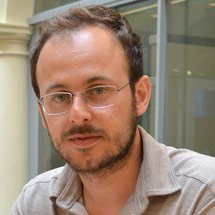The labor market is one of the most important institutions determining economic growth and its distribution, as labor income is more than two-thirds of national income. Skill levels and the efficient matching of skills to jobs are key for economic growth. Yet the labor market is not a perfectly competitive market, but rather one that is regulated by a wide array of institutions that affect labor income and its distribution.
We need a better understanding of the two-way link between equitable growth and the labor market. How does the labor market affect equitable growth? How does inequality, in turn, affect the labor market?
- The effect of the labor market on equitable growth
- The effects of inequality on the labor market
- The effects of productivity on the labor market





